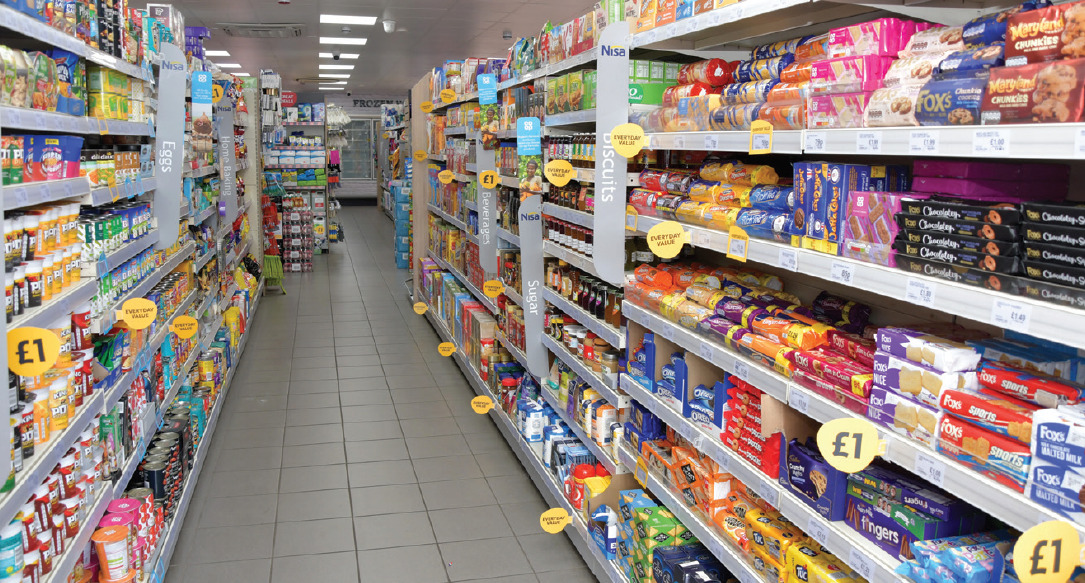Smaller convenience stores in England could have a competitive advantage from upcoming restrictions on high-fat, -salt and -sugar (HFSS) products, according to senior industry experts.
From April 2022, stores measuring 2,000sq ft or more will be banned from placing HFSS products within two metres of a till, aisle ends and store entrances. Promotions such as multibuys will also be restricted. Stores under 2,000sq ft are exempt, but convenience groups such as Spar, the ACS and Unitas are campaigning for the threshold to be extended to 3,000sq ft. Products hit by the ban will be chosen based on Public Health England’s nutrient profiling model and could include chocolate bars, crisps and other major impulse lines.
Parfetts retail director Guy Swindell told Better Retailing the firm was waiting to see the details, but predicted stores who are exempt could benefit. “For these stores there’s a potential opportunity for them and us. While it’s important for stores to promote health, it almost makes those promotions and placements a unique selling point for exempt stores.”
Epicurium adds over 100 healthier retail lines
Explaining the impact on supplier promotions, he said: “Our promotions are led by us rather than just suppliers, so even if there was a change in approach, we’d be able to offer a full range of promotions, just as we have throughout the pandemic.”
Country Choice customer and insight category manager Hannah Morter added stores could also create standalone “confectionery caves”. “There’s definitely two schools of thought. We’ve had some major retailers talk of ‘confectionery caves’, almost like a naughty corner of the shop.
“We are looking at store layout closely. Suppliers can have very rigid views of where their products should be placed, but they are going to have to go look again at the shopper journey and be open minded about where else in store they can be most successfully sited.”
HFSS: tougher laws on labels in government anti-obesity plan
Spar UK retail director Ian Taylor said the symbol group was preparing stores throughout devolved nations in anticipation of HFSS being introduced outside of England. However, he warned of the impact on local products. “HFSS will be really detrimental for stores of more than 2,000sq ft. Local suppliers will have to think twice about what goes into stores and we need to know what is HFSS or not,” he said.
Food & Drink Federation UK diet and health policy manager Amy Glass added: “Calculating the nutrient profiling model will be a huge challenge and something many companies haven’t done before. There’s not a set mechanism to provide information to retailers. Retailers might have to calculate the scores themselves and this will be a really big challenge.”



Comments
This article doesn't have any comments yet, be the first!